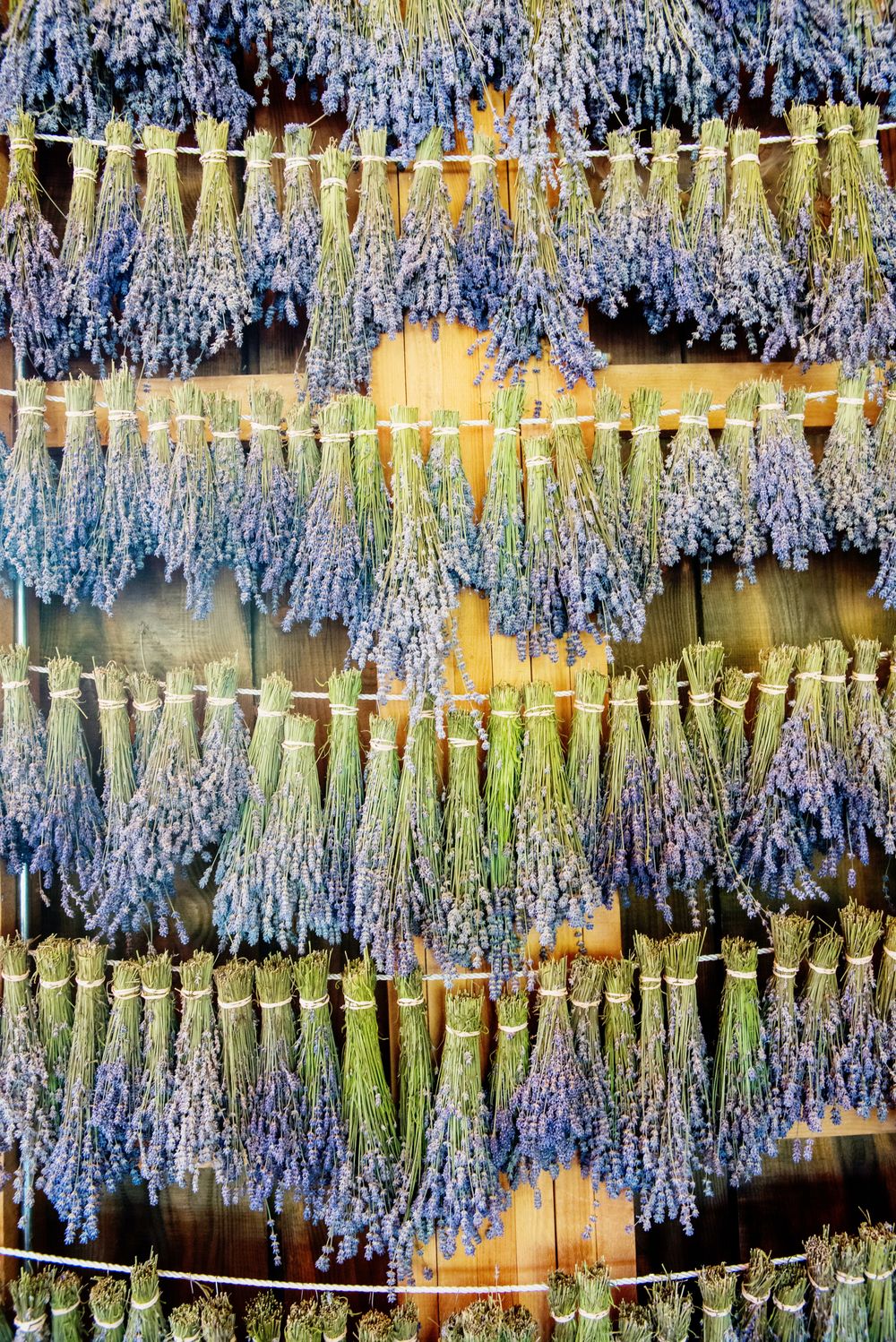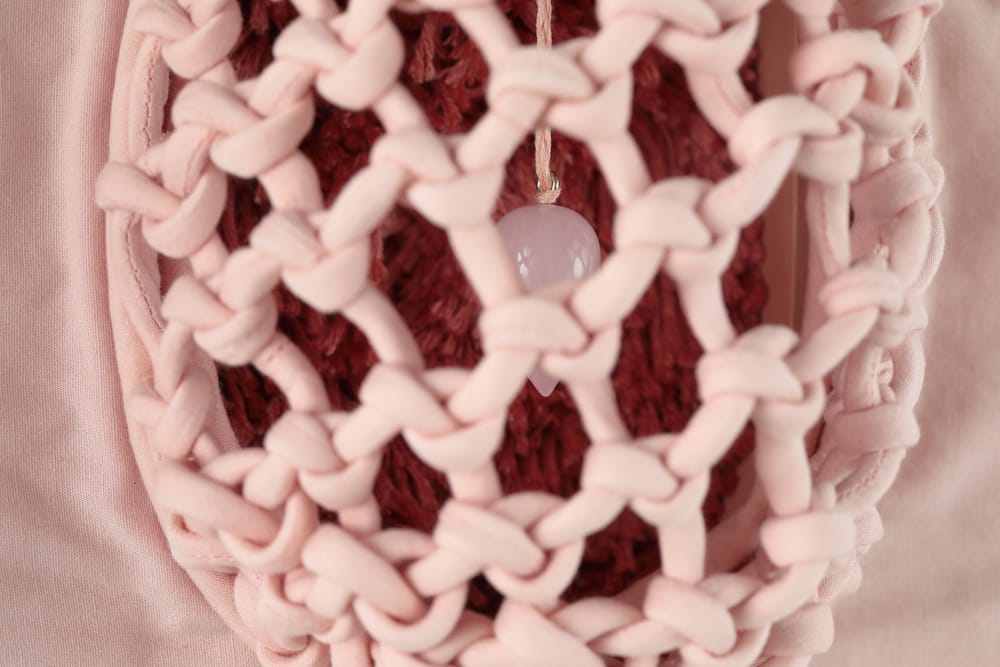The world is a ravishingly sensuous place.
Think of the shockingly loud, dissonant sound of cicadas in the peak of summer; the saturated citrus colors of a sunset that stop you in your tracks; the thrilling taste of a perfectly spiced curry; the downy fuzz you feel while stroking a kitten’s fur. And then there is that most animal sense of them all, the sense of smell. Most people living in western societies very rarely notice smells, and when they do, they typically only point out negative smells. Yet smell is a continuous facet of our lives. Smell draws us into constant connection with the living world of which we are a part. “Smell, unlike air, is the sign of the presence of another,” writes Anna Lowenhaupt Tsing.
Smell, unlike air, is the sign of the presence of another.
Anna Lowenhaupt Tsing
Smell is bound up in our relationships to others, both human and non. The stifling cloud of Bronco unfiltered cigarette smoke that always issued from my grandpa, the smell of a bonfire that wafts across the street as I approach a gathering of friends, the warm, earthy scent of the nape of my childhood dog’s neck— these are the scents of relationship, of connection. I smell tobacco that once flowered in a field; I smell wood that once grew as a living tree; I smell a dog who is both a forever unknowable other as well as being my most intimate kin. These are the scents of relationship, of connection— even deeper than we often realize.
As a child attending Catholic mass multiple times a week, I learned to regard scent as both a signifier of — and a conduit to — the divine. But what if you, like me, believe that the world themself is divine? Meister Eckhart says that “every creature is a book about god,” and as such, every smell can therefore be the signifier of and conduit to the divine. Frankincense itself, the primary component of Catholic incense, is the resin of trees in the Boswellia genus. The holy experience of smelling burning frankincense is holy because it is a sacred interaction with another living being: a tree. Frankincense and other natural essences are not merely abstractions meant to evoke human memories but precious interspecies connections in their own right. Scent is another form of life casting their spell upon us.
Scent is another form of life casting their spell upon us.
How did we become so disconnected from this most ancient connection with the life surrounding us?
In the past 500 years, western science, religion and philosophy have endeavored to separate humans from our status as animals. We consider ourselves separate, above, apart, some sort of objective observer of “nature.” To suit the relentless needs of capitalism and to reinforce societal hierarchies, non-human animals have been designated as less than humans and irreconcilably different from us. The role of smell — the sense often strongest in other animals — has therefore been purposefully downgraded in our lives. Natural smells of any kind, with the exception of certain cooking or floral scents, are at best ignored and at worst despised. Many of us who might be interested in further developing and giving attention to our sense of smell often cannot find the words to describe what we are smelling, the direct result of, as David Abram writes, “the loss of a common discourse tuned to the qualitative nuances of living experience.”
And yet, all it takes is effort and attention and this sense that we have neglected comes into sharper focus to help re-enchant us with the world. At all times, we are surrounded by smells. When you are cooking, take time to get to know the smells of the foods that nourish and sustain you: the milky sweetness of freshly shucked corn that ripened in the summer sun; the cold, earthy, vegetal scent of a potato that speaks to their life spent underground. Go outside when it’s raining, when it’s snowing, when the wind is pitched high, when the heat is so oppressive it’s visible in waves, and inhale. Bring your nose to a tree and smell what they have to tell you. Burrow your face into your companion animal’s fur. Sniff every flower, every plant, every seed, every instance of mulch or upturned soil you come across. Lean into your beloved’s hair and into the crook of your own elbow. Learning this more-than-human language is a daily practice and a joy. The world feels more alive, more sensuous, more magical than ever before.
The earth has suffered our indifference and our enforced separation for too long. Reconnecting to our most animal sense is a free, accessible, and profound way to find our place in and with the world again, at a time when it is needed more than ever. Let the living world cast their spells upon you, and breathe in.
Let the living world cast their spells upon you, and breathe in.
References:
Anna Lowenhaupt Tsing, The Mushroom at the End of the World
David Abram, The Spell of the Sensuous
Jenny Hansom is a natural perfumer and vegan scent witch living in Chicago, on the ancestral lands of the Potawatomi people, with her wonderful partner, two magical cats and the world’s most delightful dog. Her work can be found @scentspells on Instagram.



